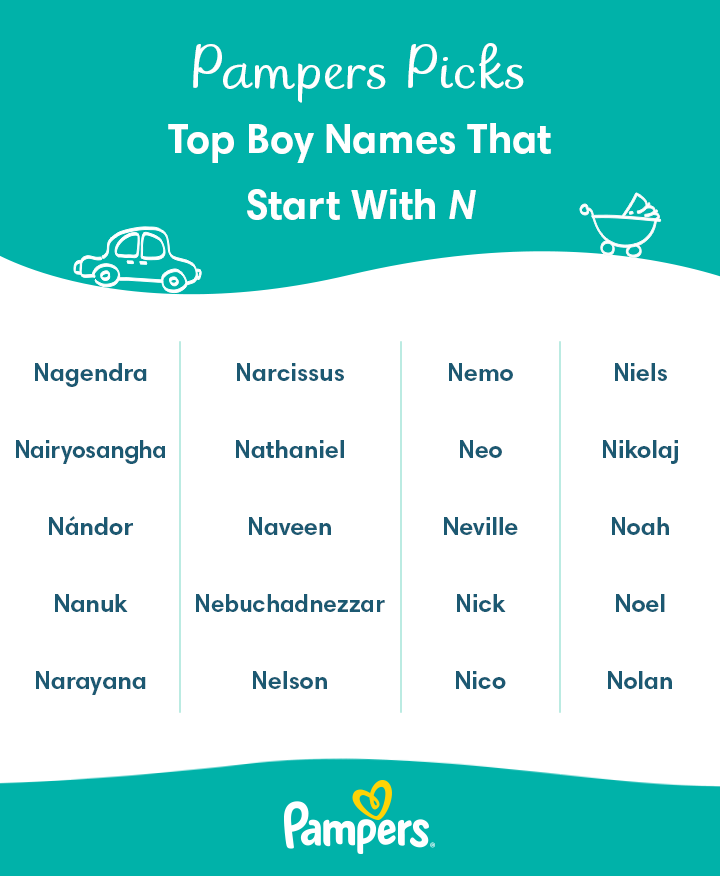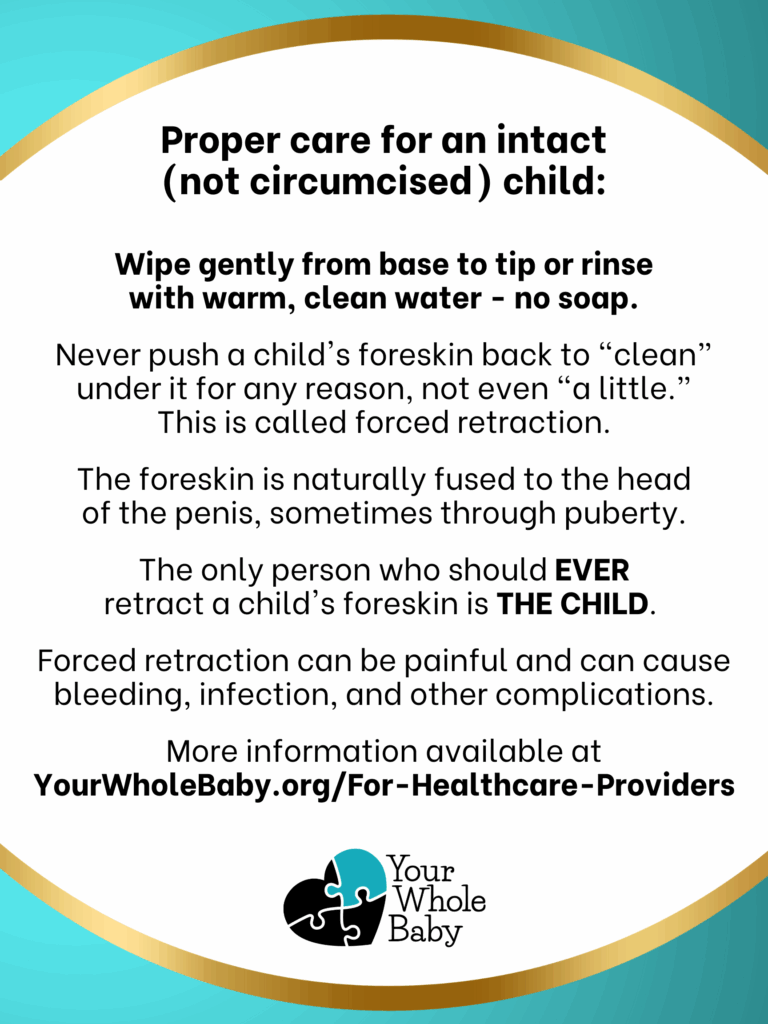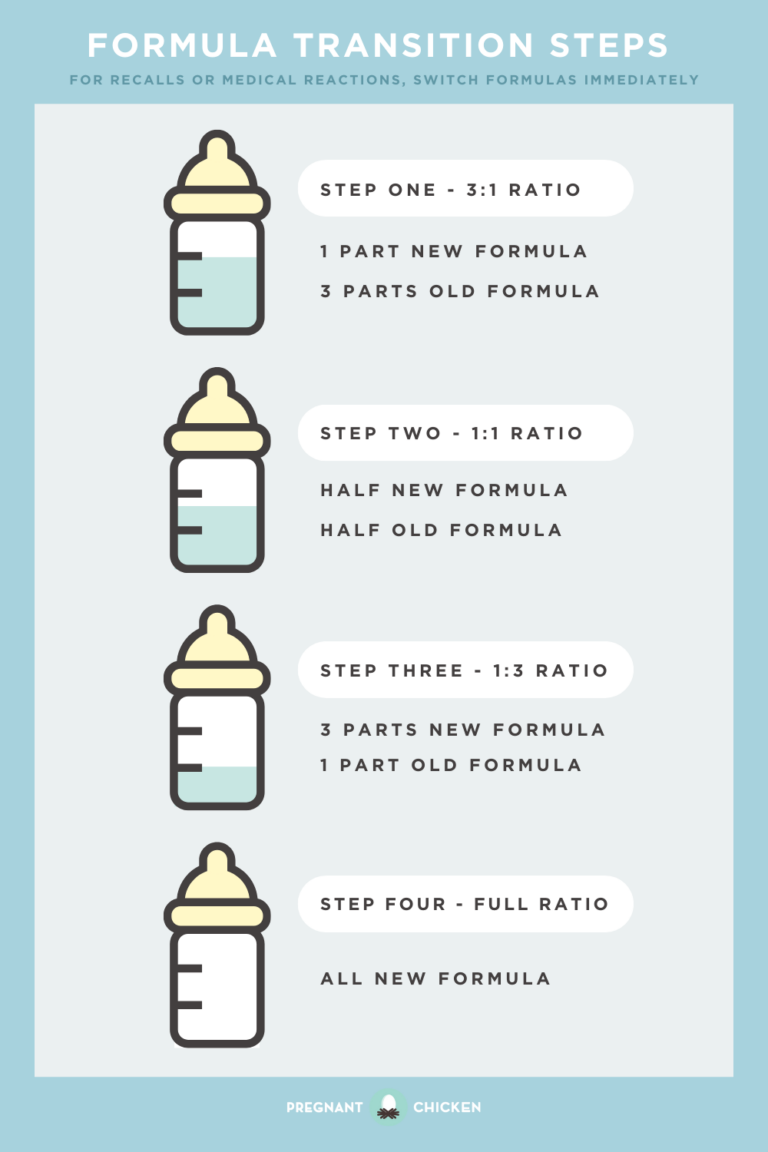How Many Words By 18 Months: A Guide to Vocabulary Development
Vocabulary development is crucial for early childhood development, as it forms the foundation for communication, learning, and cognitive growth. By 18 months, children should have a vocabulary of around 50 words, and this number will continue to grow rapidly as they explore their world and interact with others.
There are many factors that can influence a child’s vocabulary growth, including their exposure to language, their interactions with adults and other children, and their overall cognitive development. Parents can play a vital role in supporting their child’s vocabulary development by providing a language-rich environment and engaging in frequent conversations.
British Youth Jargon Language

British youth jargon language is a constantly evolving and dynamic form of communication used by young people in the United Kingdom. It is a vibrant and creative language that reflects the unique culture and experiences of British youth.
Origins and Influences
British youth jargon has its roots in a variety of sources, including slang, street language, and immigrant languages. It is also heavily influenced by popular culture, music, and social media.
Key Features
British youth jargon is characterized by its use of:
- Slang terms
- Abbreviations and acronyms
- Rhyming slang
- Non-standard grammar
li>New words and phrases
Examples
Some common examples of British youth jargon include:
- Bants: Jokes or playful teasing
- Peng: Excellent or cool
- Wagwan: What’s going on?
- Init: Isn’t it?
- Fam: Friends or family
Variations
British youth jargon varies significantly by region and social group. There are also different jargons used by different subcultures, such as skaters, hip-hop fans, and gamers.
Impact on Mainstream Language
British youth jargon has a significant impact on mainstream language. Many slang terms and phrases that originate in youth jargon eventually become adopted into everyday speech.
Conclusion
British youth jargon is a fascinating and ever-changing language that reflects the vibrant culture of young people in the United Kingdom. It is a creative and expressive form of communication that continues to evolve and adapt.
FAQ Section
How many words should a child know by 18 months?
The average number of words a child should know by 18 months is around 50.
What are some signs that a child may not be meeting expected vocabulary milestones?
Signs that a child may not be meeting expected vocabulary milestones include difficulty understanding simple instructions, limited use of words, and difficulty expressing themselves verbally.
What can parents do to help their child’s vocabulary development?
Parents can help their child’s vocabulary development by reading aloud, engaging in conversations, and playing language-rich games.





